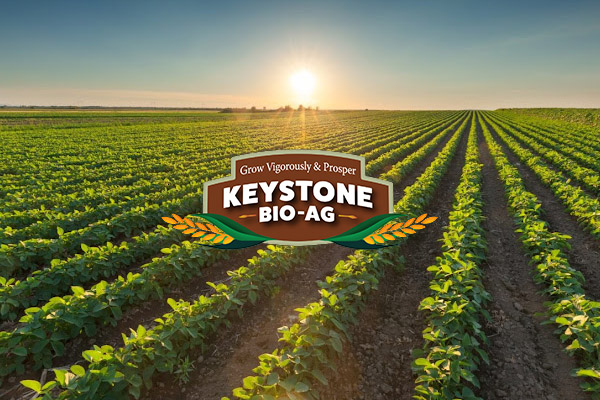
Our SEO Process
We Don’t Start With Keywords, We Start With You!
Our process begins by meeting to understand your business model, your unique goals, and your customer journey. We invest the time to get to know what makes your brand stand out, how your sales cycle works, and, most importantly, who your customers are.
We go beyond demographics. We seek to uncover how, when, and why your audience searches. What motivates their clicks? What questions are they asking? What problems are they trying to solve? By truly stepping into your customers’ shoes, we can identify not just popular search terms, but the right keywords that drive real business outcomes.
No smoke and mirrors...
We Focus on Results
Our research doesn’t just chase high-volume keywords that sound good. We dig deep to find the search terms that actually translate into leads, conversions, and revenue. Our goal is to connect your business to your future customers in the moments that matter most — when they are actively searching for what you do best.
How do we stand out? We Provide Transparent Reporting.
When you work with us, you always know how your marketing strategy is doing. We provide clear and honest reporting. In your results reports you will find information including rankings, traffic, and conversion rates. We track and share information that impacts your bottom line. You’ll never be left guessing about what’s working and why.

The Results Speak for Themselves
Clients love Loading Leads, and the data backs this up. Check out some case studies:

Top 10 Ranking Keywords
- Day 1: 6
- Day 300: 181
Organic Monthly Website Traffic
- Day 1: 48
- Day 300: 2,818
“We continue to get calls from big farmers in NJ that say everything they were searching for about regenerative farming was bringing them back to Keystone. Wow! Great work by you, keep pushing us to new heights.”
– John Stoltzfus, Marketing Director